Fibroid are abnormal growths that develop in a woman’s uterus. Sometimes these tumors become quite large and cause severe abdominal pain and heavy periods. In other cases, they cause no signs or symptoms at all. The growths are typically non-cancerous. According to the National Institutes of Health (NIH), about 80% of women have them by the age of 50. However most women don’t have any symptoms and may never know they have fibroid!

HEAVY VAGINAL BLEEDING
Excessively heavy or prolonged menstrual bleeding is a common symptom. Being unable to leave the house during the heaviest day of flow. As a result, some women develop anemia also known as a low blood count. Anemia can cause fatigue, headaches and dizziness. If heavy bleeding interferes with your everyday activities or if you develop anemia, you should see your doctor to discuss fibroid treatment options.
PELVIC PAIN
A less common symptom is acute pain. This occurs when a fibroid goes through a process called degeneration. Usually the pain is localized to a specific spot and improves on its own within 2 to 4 weeks. Using a specific pain reliever can decrease the pain significantly. Chronic pelvic pain can also occur. This type of pain is usually mild but confined to a specific area.
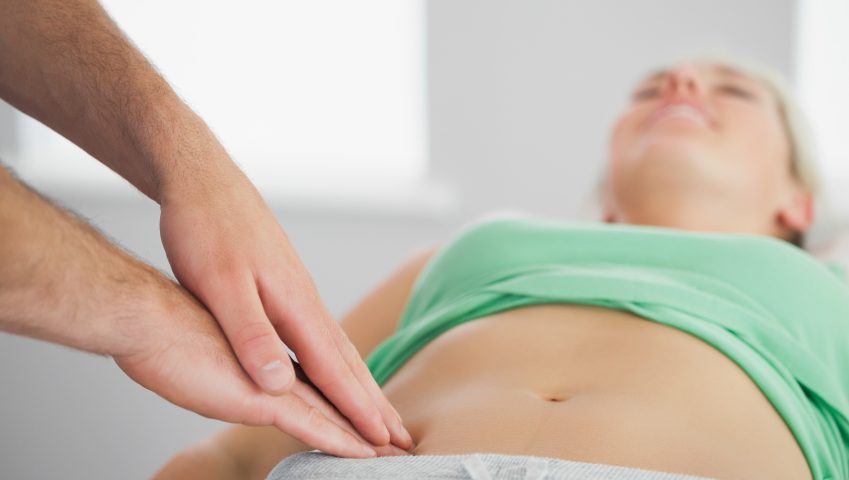
BLADDER PROBLEMS
The most common bladder symptom is needing to urinate frequently. A woman who wake up several times during the night to empty her bladder. Women are unable to urinate despite a full bladder. These symptoms are caused by fibroid pressing against the bladder, reducing its capacity for holding urine or blocking the outflow of urine.
PAIN DURING SEXUAL INTERCOURSE
Fibroid can make sexual intercourse painful and uncomfortable. The pain may occur only in specific positions or during certain times of the menstrual cycle. Discomfort during intercourse is a significant issue.
LOW BACK PAIN
Fibroid press against the muscles and nerves of the lower back and cause back pain. A large fibroid on the back surface of the uterus is more likely to cause back pain than a small fibroid within the uterine wall. Because back pain is so common, it is important to look for other causes of the pain before attributing it to fibroids.
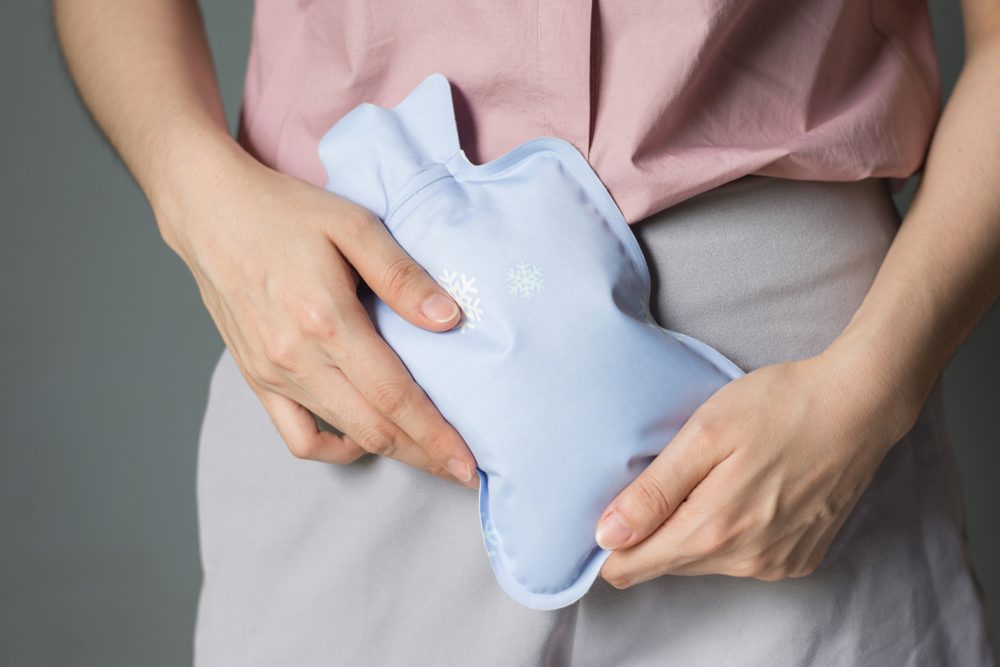


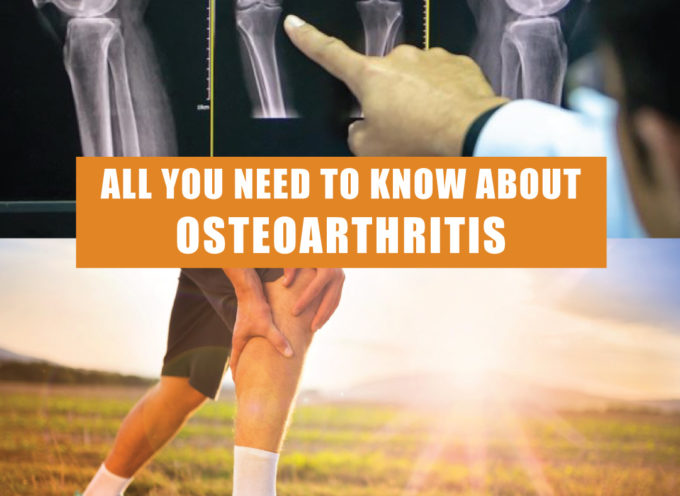
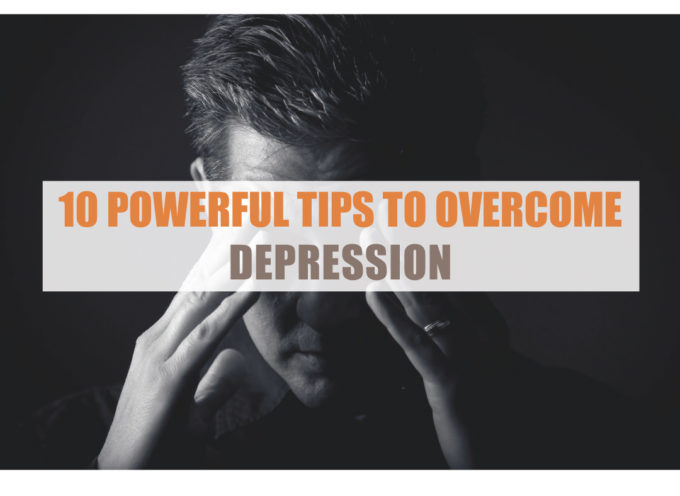
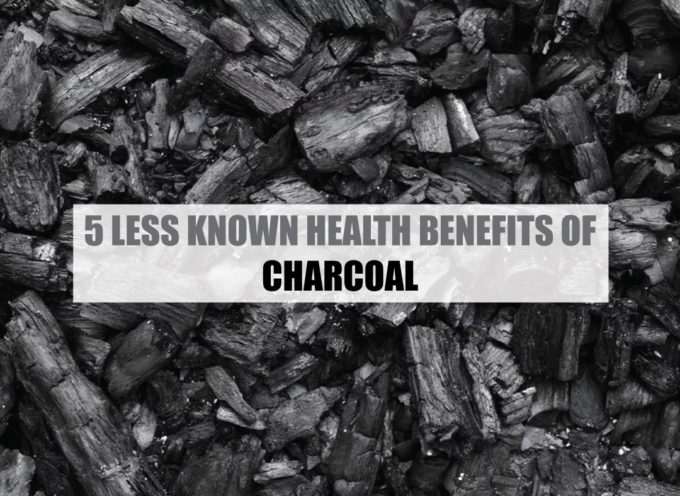
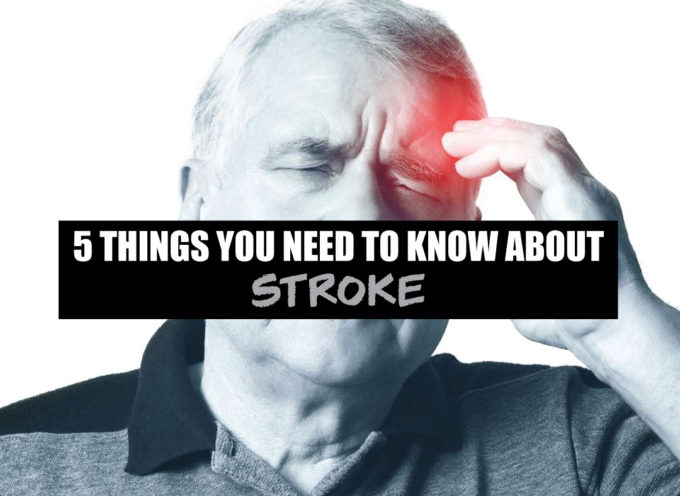

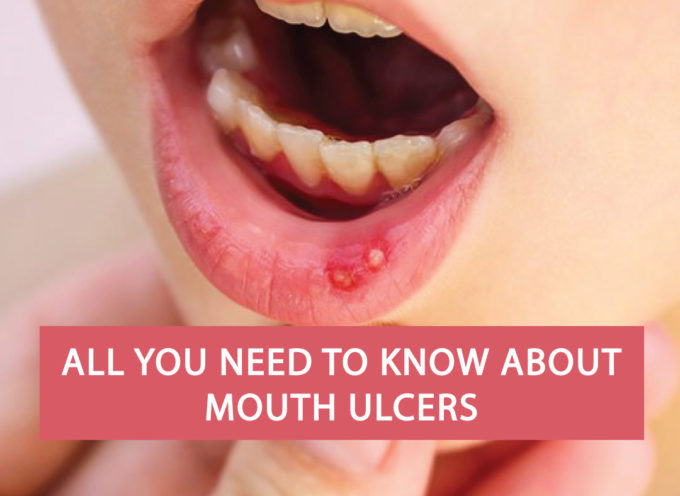
No comments!
There are no comments yet, but you can be first to comment this article.